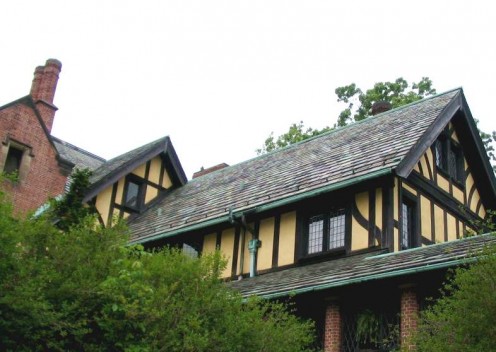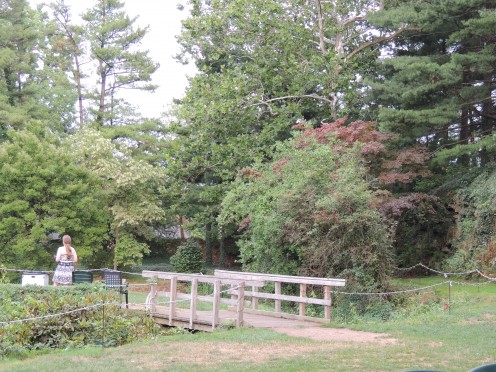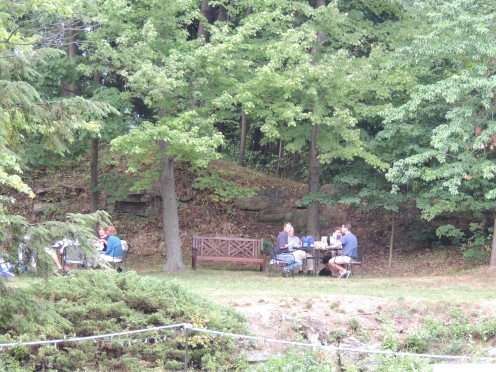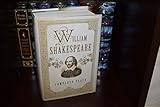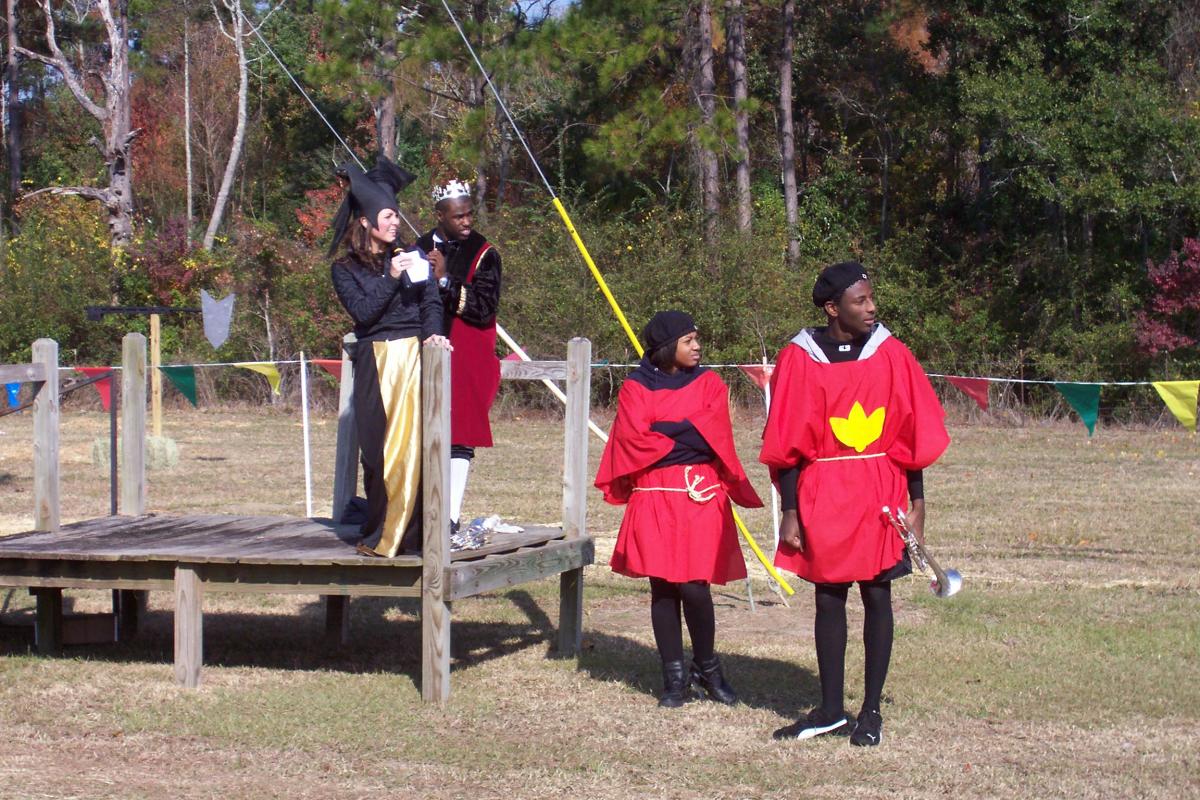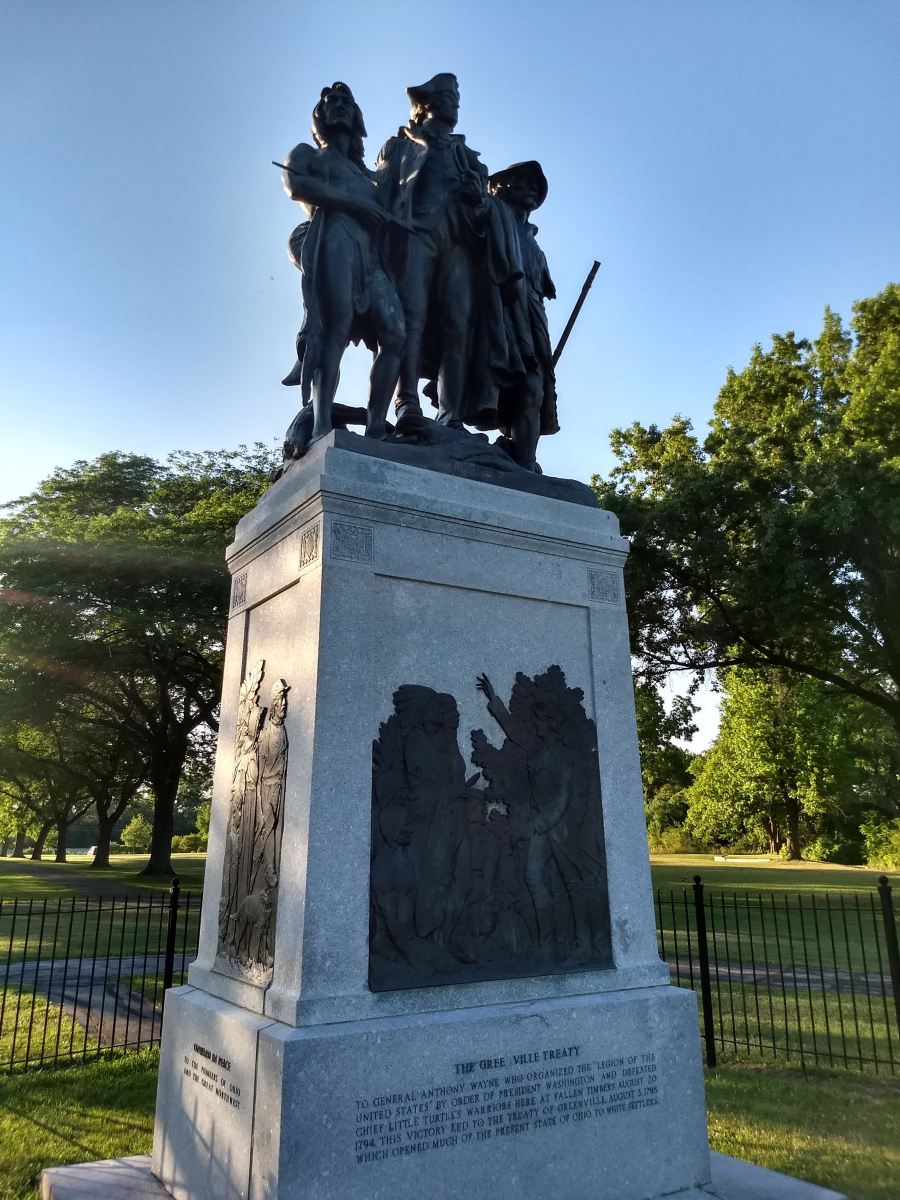- HubPages»
- Travel and Places»
- Visiting North America»
- United States
Shakespeare - "The Merchant of Venice" and the Ohio Shakespeare Festival
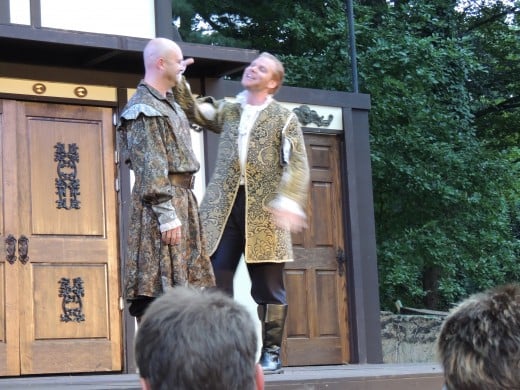
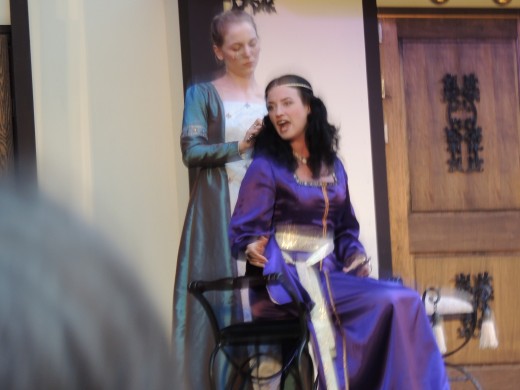

Ohio Shakespeare Festival
Last night I had the pleasure of viewing a performance of Shakespeare's play, "The Merchant of Venice," presented by the Ohio Shakespeare Festival here in Akron, OH. Shakespeare in Akron, OH, you say? Yes, we are in the midwest, but we do love our Shakespeare. And what is wonderful about this production is the lovely location - Stan Hyet Hall and Gardens. The play was performed outdoors at the Lagoon, one of the lovely gardens on the estate of the now deceased F.A. Seiberling, who founded the Goodyear Tire and Rubber Company here in Akron, OH many years ago.
This beautiful English estate and surrounding gardens has hosted the Ohio Shakespeare Festival for the last eleven years here at Stan Hywet. It is a placid and tranquil place to show off some of our best Shakespearean performers from here in Akron, (The University of Akron) and performers who come from other places all over the U.S. to perform Shakespeare here in the summers. It was a truly professional and well acted performance of "The Merchant of Venice," one of Shakespeare's comedies. Not a hitch in the play or performance.
Performed outdoors, there were no microphones, but each and every word of Shakespeare's poetry, soliloquies, and prose could be heard in the humid air last night. The actors voices and facial and body gestures were well trained. And, the casting was superb. Each actor was appropriately cast for his or her part.
Antonio was strong and bold in Act I and by Act IV was resigned to his fate of giving up "a pound of flesh" as the bond for his loan of three thousand ducats. Bassanio, his friend, was truly loyal, and ready to give his own flesh when he learned of the Antonio's final fate as he had used Antonio's "credit" to obtain the three thousand ducats he believed he needed to woe his love, Portia. Shylock, the Jew, was pained and hurt by Antonio's disrespect of him and the lending competition Antonio gave Shylock, even though Antonio had merchant ships to bring in money for him. Shylock, being Jewish, only was permitted to have the profession of a usurer in the great trading city of Venice, Italy in the time period of the Renaissance.
But, my two favorite actors of the evening were Portia and her attendant, Nerissa. These two strong women were in control of their emotions and feelings for the men they loved throughout the play and had some fun, outwitting their intended husbands, in their quest to find out how loyal and true they would ultimately be to the two women. I love the plays where Shakespeare has the women disguise themselves as men and have the opportunity to rule the world for a brief moment in time. This happens in Act IV during the courtroom scene when Shylock addresses the court for redress so he can collect his "pound of flesh" from Antonio.
The actors playing Portia and Nerissa were spot on in their interpretations of their characters and their spoken words and facial expressions were so well done. As Portia awaits her fate to discover which man will selet the correct box, gold, silver or lead, to find her portrait inside awaiting him so he can claim his love and her fortune, Portia is both strong and vulnerable at the same time. Her words and looks reveal a woman who wants the best man to win, but at the same time feels trapped by her father's will and the boxes. We can see and feel her frustration because Portia is an intelligent woman more than capable of choosing the best man for herself. Nerissa, is just as intelligent and tries to help her lady through this frustration of her fate of a husband is a three part gamble.
Both, are relieved when Bassanio choses the correct box, the lead box, which holds Portia's portrait and the perfect love match is made. Bassanio's friend, Graziano, is smitten with Nerissa and a second love match is made. So, because the prospective husbands must attend court over Shylock and Antonio's bond and debt, Portia and Nerissa finagle a way to attend the court session as clerk, (Nerissa) and doctor and judge (Portia) of course, disguised as men. Portia then stands in judgment of Shylock and is able, through her intelligence, wit and cleverness, release Antonio and Bassanio from the horrible bond. The women (as men) triumph and all's well that end's well. (Sorry, couldn't resist the pun)
Act V is hilarous as Portia and Nerissa torture Bassanio and Graziano over the commitment rings the two women had given the men earlier when Bassanio had unlocked the lead box and won Portia. In the previous Act IV, during the courtroom scene, the clerk (Nerissa) and the doctor (Portia) had insisted that Bassanio and Graziano give up their rings to Antonio to further compensate him in his win. The men do so and then must answer to Portia and Nerissa, as themselves, when they want to know what happened to the "missing rings."
Portia and Nerissa through their clever antics and questions tie the two men up in knots, and then lovingly untie them by explaining the subterfuge. Again, all's well that end's well.
This was the first time I had seen a production of "A Merchant of Venice," and I must say I thoroughly enjoyed the play, the Ohio Shakespeare Festival's production of it, and the gorgeous surroundings of Stan Hwyet, the English estate here in Akron. I was whisked off to Shakespeare's England for a few hours last night, and was just a little sad when I had to return to Akron, OH.
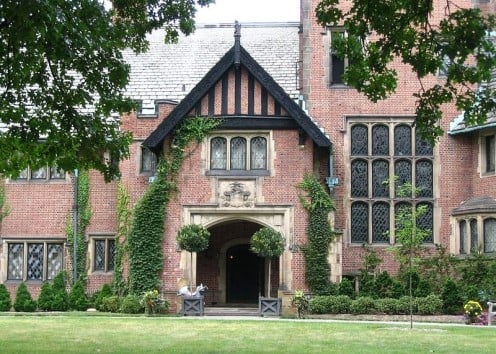
Stan Hwyet Hall and Gardens in Akron, OH
Stan Hywet Hall and Gardens, located in Akron, OH, is a noble countryh estate with gardens. It was built between 1912 and 1915 for F.A. Seiberling, founder of the Goodyear Tire and Rubber Company. Seiberling named his estate Stan Hywet because in Old English it means stone quarry, to reflect th site's earlier use and the most prominent feature of the estate.
The architect was Charles Sumner Schneider and he designed the Tudor Revival House. The interior decorator was Hugo F. Huber, who bought many of the furnishings in New York City and some he purchased in England. The inside consists of a large dining room with a table that seats more than twenty people at one time, living rooms, bedrooms, breakfast room, libraries, solariums, and bathrooms. It was build just like the country estates in England.
Originally, the estate grounds were about three thousand acres in size and were designed between 1911 and 1915, by Boston landscape artist and architect Warren H. Manning. The English garden was redesigned in 1929 by landscape artist Ellen Biddle Shiipmann.
In 1957, the Seiberling family donated Stan Hywet to a non-profit organization for its preservation. The inscription above the Manor house front door says "No nobis solum" and means "Not for us alone." We, here in Akron can enjoy the house and gardens whenever we want. There are about ten separate gardens on the grounds. They are: Breakfast Room Garden, English Garden. Grape Arbor, Great Garden and Japanese Garden, just to name a few. The Lagoon, where "The Merchant of Venice" was performed outdoors was created from the site's quarry. The grounds also includes the Corbin Conservatory, a fine greenhouse.
The lawns and gardens are open for picnics and browsing and viewing the beautiful flowers, trees and plants that grow on the grounds. The house and grounds are open every Tuesday through Sunday, April 1 through December 30 of each year. An admission fee is charged to view the house and gardens. At Christmas time the house is decorated inside and out for the holiday and many musical concerts are held inside during the holidays.
Stan Hwyet Hall and Gardens is registered on the U.S. National Register of Historic Places and is a U.S. National Historic Landmark.
Of course, the gardens here at Stan Hywet are perfect for an evening outdoor performance of Shakespeare under the trees and moon. There are picnic tables around to bring a picnic dinner to leisurely have before the show.

